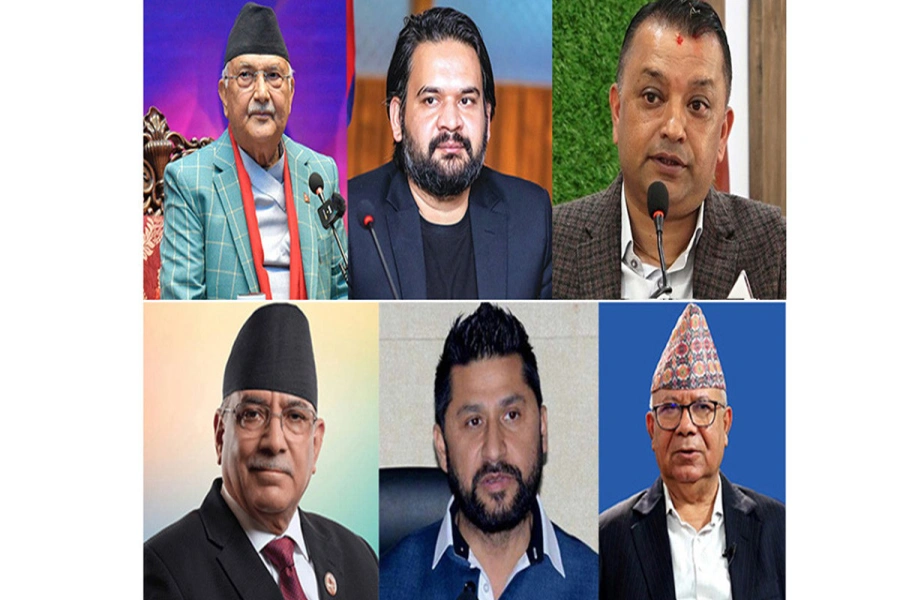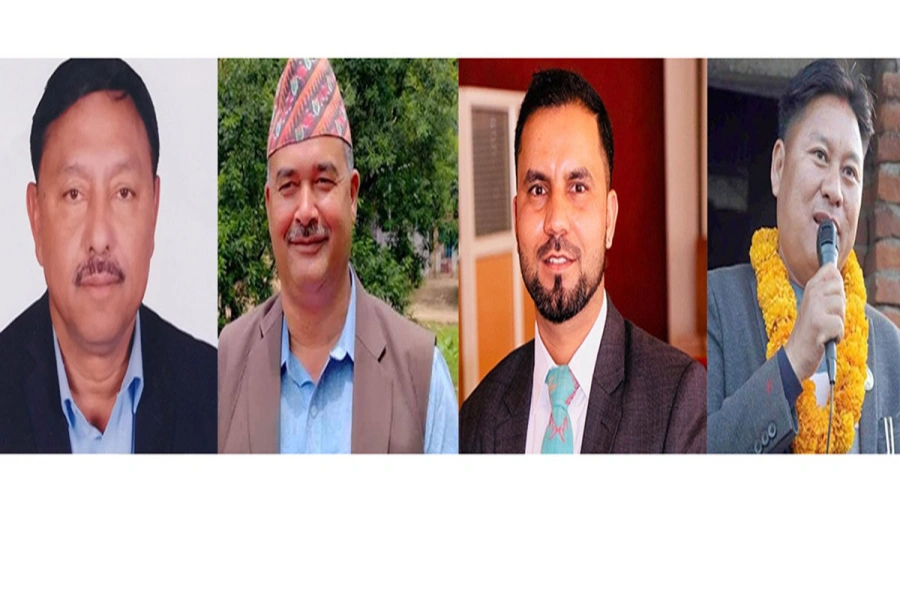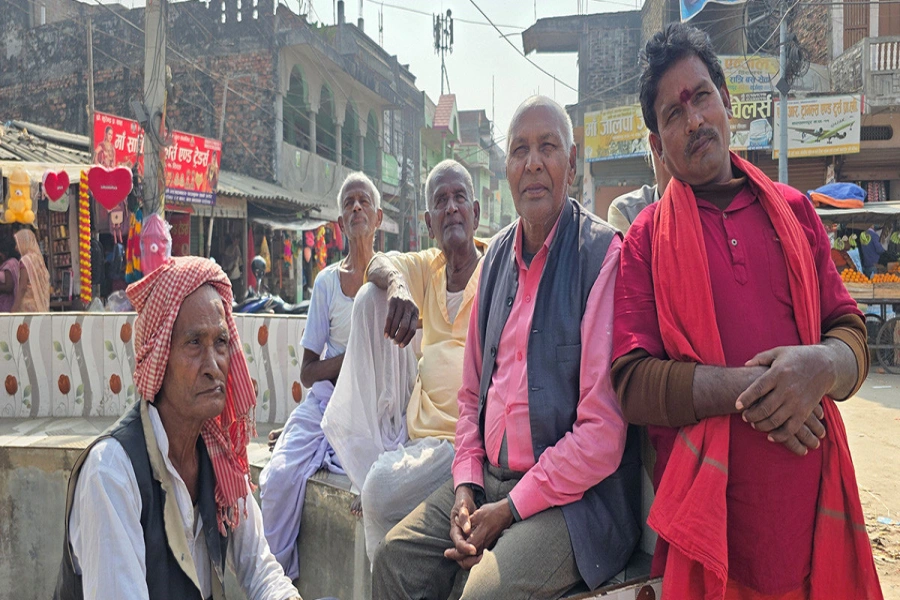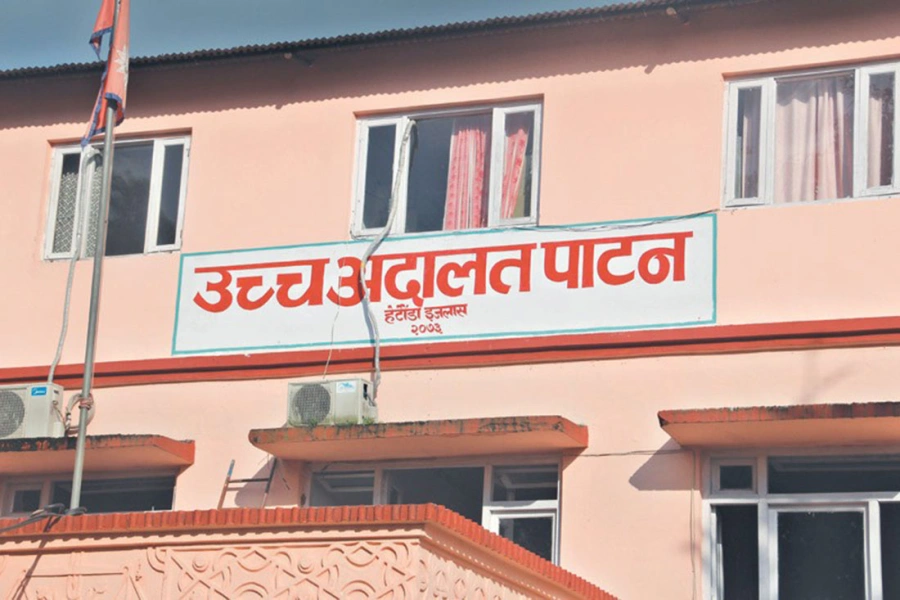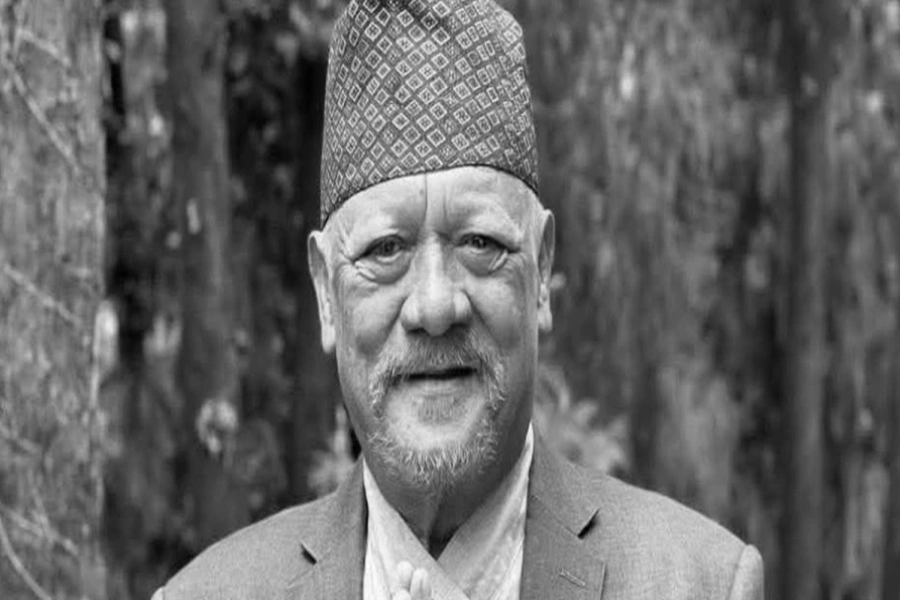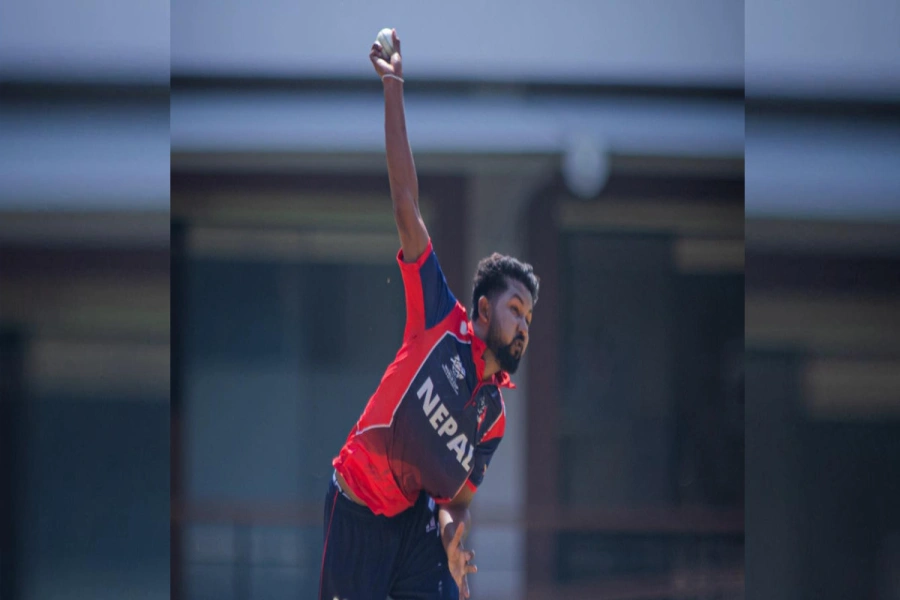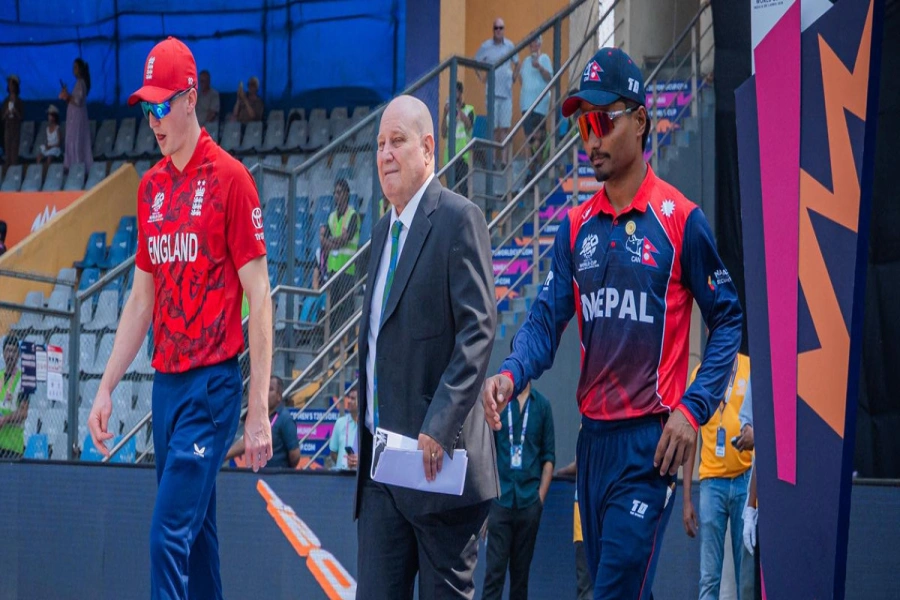Take the case of the HIV/AIDS infected. Appropriate laws and policies are crucial to safeguard the rights of those living with HIV/AIDS and control the spread of the virus. But the discriminatory law, which does not recognize their rights, is also a tool for exclusion and injustice. Therefore it is important to have inclusive laws, just as it is important to amend those that discriminate against a particular group of people.
For instance, drug-policies in Nepal are drafted with a harm-reduction approach, whereas the drug trafficking law criminalizes use of substance. Fearing prosecution, medical doctors are reluctant to prescribe drugs for treatment of the vulnerable groups. When the Ministry of Health calls for harm-reduction policy on one hand and the Ministry of Home criminalizes drug use on the other, how will drug users get justice unless contradictions in law and policies are addressed?
A legislative Audit in 2004 recommended amendment of many discriminatory laws. The government adopted the Bill drafted by the civil societies with some improvements, with a complete change on the institutional set up. But the Bill is yet to be formally tabled in the parliament. Different studies, seminars and interactions with HIV/AIDS infected people and venerable groups have repeatedly urged parliamentary action to fight legal and policy barriers. Recently, the legislature tried to bring gender parity in the society by criminalizing domestic violence, recognizing women’s right to inheritance and decriminalizing sex work. Some interventions have also been made though International Parliamentary Union and Asia Pacific Forum for Population and Development. But are the actions heretofore taken enough?
Apparently not. According to the UN Secretary General’s report: “Nearly two thirds of countries report having laws and policies that impede the access of vulnerable populations to HIV services. In most countries, discrimination remains legal against women, men who have sex with men, sex workers, drug users and ethnic minorities”.
Inadequate resource allocation and prejudice hinder much-needed changes. By fostering an environment of secrecy—those with HIV/AIDS choose to hide their illness fearing stigma and discrimination—and denying vulnerable population access to public health services, the country is inviting an HIV/AIDS epidemic.
The judiciaries in South Asia have set some favorable benchmarks: be it Indian court ruling guaranteeing the infected access to treatment and care and decriminalizing same sex relation; or Nepal and Pakistan’s provisions to protect the identities of the transgender. Also, in Nepal, criminalization of marital rape, recognition of sex work as a profession and directives that recognize the need for confidentiality for HIV infected at all stages of the justice system have helped the cause of the vulnerable group. In South Asia, litigation has become a strong tool for empowerment of the vulnerable and protection of the right of the people with HIV/AIDS.
But what have what the people’s representatives done for the cause? Aren’t we all—men and women, heterosexuals and homosexuals, majority and minority groups—equal citizens of this country? Is so, do we have appropriate laws that reflect our values? Nepal still chooses to deal with HIV/AIDS infected through segregation approach, which considers HIV an infectious disease that is immoral and impure. They do not even consider that transmission of HIV/AIDS depends more on individual’s sexual behavior than their sexual orientation. This has in turn resulted in non-disclosure of HIV status, which puts other at greater risk of transmission.
The parliamentarians must stand together and raise our voice against criminalization and segregation based on sexual orientation and HIV/AIDS status. We must create an environment where people do not fear discrimination or criminal sanction and come forward for testing and treatment. I strongly believe that the parliamentarians have a critical role as leaders.
They can transform old attitudes, from those that stigmatize to ones that encourage understanding, solidarity and support. Legislators can put in place laws that support AIDS response, and repeal those that create barriers to prevention, treatment, care and support. We need to get our priorities right, allocate enough budget, ensure accountability and increase oversight over HIV/AIDS programs. In these times of economic crisis, we parliamentarians can ensure that essential social and health services are not among the first budget cuts.
We have done little so far. We have failed to convince the majority of people that we are not just working to safeguard the rights of the HIV/AIDS infect, but also to ensure the majority that is free of the virus does not contract it. We would also do well to realize that infected people also have rights. The right to live a full life. It is surprising that while we speak out against death penalty, we also deny essential care and support to HIV/AIDS sufferers. We need to criminalize stigma and discrimination and denial of services.
The government has made many commitments in this regard both at national and international forums, but these have hardly been translated into action. And even when the judiciary issues directives or declares some laws benefitting the vulnerable grounds, we parliamentarians criticize the court for interfering in our jurisdiction, not realizing we not only believe in separation of power but also in check and balance and that our ultimate goal is to protect the interest of our people. We always wait for the government to table important Bills, but why has no one ever thought of registering a comprehensive private member Bill, a legitimate parliamentary procedure to protect vulnerable groups? Even the UN GA Special Session on HIV/AIDS (UNGASS) is silent on the roles of parliaments and judiciaries in member countries vis-à-vis HIV/AIDS.
We are divided along the lines of political ideology, and blinded by the culture of patriarchy and discrimination. As parliamentarians, how many times have we have spoken up on the issue of HIV/AIDS in the legislature? Have we ever asked why the budget for HIV/AIDS control is so little? HIV/AIDS is clearly a development issue. But what percentage of the fund set aside for development goes into HIV/AIDS prevention and treatment? Why does it never fall in government priority programs? Why doesn’t the government audit the huge sums flowing into the country for HIV/AIDS causes in order to gauge the effectiveness of international aid?
As people’s representatives, we all have a duty to protect the lives of all our citizens, irrespective of their beliefs and values and sexual orientation and to create an environment where everyone can live with dignity, equality, freedom and justice. We have a duty to control further spread of HIV/AIDS and protect the rights of People Living With HIV/AIDS (PLWHA).
Thankfully, we have already agreed on the language to prohibit discrimination not only based on sex, caste and creed but also based on sexual orientation and health status in the new constitution. This will be the basis to fight for the rights of the vulnerable. Let us all commit ourselves to be more proactive on tackling HIV/AIDS in New Nepal.
The writer is a CA member and a strong advocate of justice for HIV/AIDs infected
sapana12@live.com
Resisting the rightward drift













